The Ukraine war hits close to home for Lowellites
Chloe Marinerstein (left) and Misha Donchenko (right) are two Lowell students whose families are fleeing the conflict in Ukraine.
On the evening of February 23, 2022, Lowell senior Sasha Granat sat in silent disbelief as she listened to the Echo of Moscow breaking news report. The news station, which would be permanently taken off the air by the Russian government less than a week later, was announcing a breaking news headline that Granat had hoped she would never have to hear. Russia had begun its invasion of Ukraine. Her head began to spin as she thought of everything this would mean. Her grandmother, uncles, aunts, mother’s best friend, and more all lived in Russia and Ukraine. How would this affect them? Would they have to leave their homes? Were their lives already in danger at this very moment? As the news report carried on in the muffled background of Granat’s mind, her mother raced to the phone. One by one, she began calling each and every friend and family member they knew in Ukraine, desperately apologizing for the situation they knew was going to unfold.
Although Granat may not have known it at the time, many Lowell families across the city were coming to the same terrifying realization as her that night; war was coming to Ukraine and their friends and family were going to be caught in the crossfire.
From email chains to Whatsapp conversations, students in contact with their families in eastern Europe are privy to firsthand accounts about the life-threatening danger that many Ukrainian and Russian citizens are currently facing.
The impacts of Russia’s invasion of Ukraine last February have already been felt across the world, including here in the Lowell community. Many students walk through the Lowell hallways with an extra weight on their shoulders, afraid of what this war might mean for their loved ones thousands of miles away. For some, thoughts of the war permanently lurk in the backs of their minds, making class assignments and homework increasingly harder to complete at a regular pace. From email chains to Whatsapp conversations, students in contact with their families in eastern Europe are privy to firsthand accounts about the life-threatening danger that many Ukrainian and Russian citizens are currently facing. Although the weight of this information can feel overwhelming at times, optimistic views towards the future and positive thoughts about their family members have helped students manage, even while the war continues to affect their lives every single day.
In early March of 2021, tens of thousands of Russian troops began massing along the Ukraine-Russian border, raising international alarm about a potential Russian invasion of Ukraine. However, this is far from the first time that tensions have risen in the region. The two countries share a long and intertwined history as former republics of the USSR, and part of the Russian Empire before that. Following the collapse of the USSR in 1991, the two territories became independent sovereign countries.
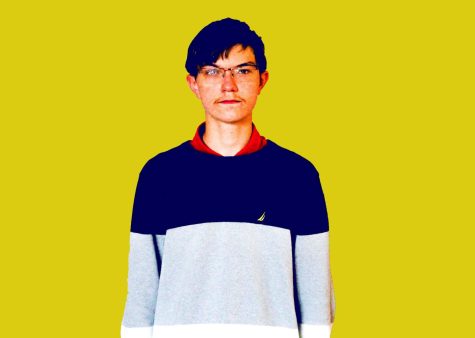
Despite their shared history, Ukraine has its own language and ethnic identity. According to a 2017 Ruzumkov Center survey, 92 percent of Ukrainian citizens consider themselves ethnically Ukrainian, and 68 percent consider Ukrainian their native language. That being said, Ukraine is also home to an ethnic Russian minority that, although only making up about six percent of the total population, is largely clustered on the country’s eastern side, bordering Russia and the annexed Crimean peninsula. As a result, the western and eastern sides of Ukraine often share different attitudes towards Ukraine’s relationship with the West and its relationship with Russia.
On February 24, 2022, almost a year after Russian troops were first spotted near the Ukrainian border, Russia’s President Vladimir Putin announced the beginning of a “special military operation” in Ukraine. Within hours of the announcement, Russian troops began crossing the Ukraine-Russian border, marking the start of the invasion.
As soon as Russia bombs began falling in towns and cities across Ukraine, junior Misha Donchenko began following the news constantly. For Donchenko, the war is deeply personal. His entire extended family, including his grandparents, aunts, and uncles, live in a village near Kiev, Ukraine’s capital. After a Russian bomb blew out the windows of their home, Donchenko’s family was forced to relocate to a nearby bomb shelter.
I imagined it would take them a while to get to Kiev, and that my family, if they needed, would have plenty of time to get out. But they started dropping bombs all over Ukraine on the first day, which completely blew me away. — Misha Donchenko
Donchenko knew that his family would likely be affected, but the speed at which the situation developed completely caught him off guard. Kiev is situated in the northern-central part of Ukraine, far from Ukraine’s eastern border that it shares with Russia. However, when the offensive began, Russian air strikes immediately targeted cities across the entire country. “I imagined it would take them a while to get to Kiev, and that my family, if they needed, would have plenty of time to get out,” Donchenko said. “But they started dropping bombs all over Ukraine on the first day, which completely blew me away.”
This level of uncertainty regarding the safety and wellbeing of his family has resulted in Donchenko going about his daily life with a constant, heightened sense of anxiety. Regular tasks such as completing homework assignments have become difficult, with persistent thoughts about the war running through his head. “It really occupies a lot of my mental space,” he said. “It’s definitely been a weight on my mind and on my parent’s minds and my family’s minds.”

Senior Chloe Marinerstein, whose cousins live in western-Ukraine, has also experienced the fear and uncertainty that comes with having family members living in a warzone. Shortly after the war began, Marinerstein’s cousins left their home to try and escape into Poland. Since their departure, Marinerstein has had limited contact with them, adding to the anxiety she’s been experiencing since the initial invasion. “I don’t know if they’re alive, because I haven’t heard from them in a while,” she said. “I’m hoping to get an email or something because we don’t text or call too much. I can’t just send them something which makes it even more scary.”
Like Donchenko, Marinerstein realized early on that her family would be affected, but the rapid escalation of the situation and its increasing severity was not something she was prepared for. After learning during the first week of the invasion that her family in western-Ukraine was going to be forced to flee because Russian troops were advancing on where they lived, she realized just how dire the situation had already become. “When I found out exactly where they invaded, I was like, ‘Oh god, okay, this is not fun. This just went to a whole other level of serious for me,” she said.
I don’t know if they’re alive, because I haven’t heard from them in a while. I’m hoping to get an email or something because we don’t text or call too much. I can’t just send them something which makes it even more scary. — Chloe Marinerstein
With the invasion constantly in the back of her mind, Marinerstein’s ability to keep up with homework and other school assignments has changed. Although she admits that the war has negatively affected her work, she says that thoughts about her family in Ukraine have actually motivated her to stay focused. “I’m really freaked out,” she said. “But I know that I need to do well in school, and I know that they’d want me to do well.”
However, her Ukrainian relatives aren’t the only family she’s worried about. Marinerstein also has cousins who live across the border in Moscow, Russia. Based on conversations she’s been able to have with them over Whatsapp, Marinerstein has learned just how scary life in Moscow has become since the invasion began. The rampant use of misinformation in Russian news media, much of which is state-controlled, has made it difficult for Marinerstein’s family to gain access to credible news and information which could help them figure out whether their own safety is at risk. “They are scared for their life,” she said. “My cousin who is a 14 year old boy thinks that he might have to go in the military.”
Other students with family in Russia are also concerned about how the war will affect their relatives, like Granat whose grandmother lives in Kaliningrad Oblast, a Russian federal state. The Kaliningrad Oblast is situated between Poland and Lithuania, completely isolated from the rest of Russia. As western sanctions continue to take their toll on Russia’s economy, Granat is concerned that because of her grandmother’s isolated position in Kaliningrad, she won’t receive any assistance from the Russian government. “They’re the first to get cut off from information, economics, everything,” she said. “They are away from the capital, they have no help.”
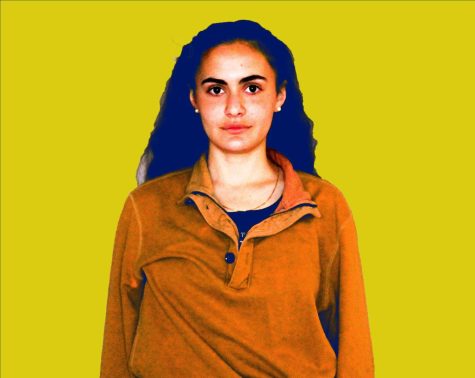
The increase in state-controlled news propaganda in Russia as well as the onslaught of western sanctions are just a few ways in which Russian citizens are being severely impacted by the war. According to Igor Logvinenko, an associate professor of Diplomacy and World Affairs at Occidental College, the quality of living in Russia as a whole is going to decrease significantly even after the war is over. “Things that aren’t going to be good in Russia for some time,” he said. “There’s going to be lower standards of living, a lot more repression, zero independent media. It’s going to turn into a kind of North Korea.”
Donchenko believes that his classmates should stay up to date with news about the war. According to a survey of 58 Lowell students, 87 percent read or watched news regarding the Ukrainian-Russian war at least once in the week after the invasion began. However, Donchenko believes that news about the war is only as good as the source that it’s coming from. Of those who had consumed news about the war, 96 percent reported that they used social media as one of their sources. Donchenko says that students should be extra careful when consuming news on social media, since much of it comes from sources that cannot be fact-checked. “People should really make sure that they don’t believe everything that they read from some random person on the internet,” he said. “[They should] focus on trustworthy sources. There’s this saying that the first casualty in war is truth.”
Marinerstein also believes that the source of students’ information is crucial. She echoed Donchenko’s warning about the use of social media as a news source, as well as recommended some of her own favorite reputable sources. “With social media you can choose certain details to leave in and leave out,” she said. “Some articles I find really helpful, like from the BBC, CNN and New York Times.”
Looking towards the future, Logvinenko believes that students should consider how they might make an impact in a world that will look different after the war is over. According to Logvineko, higher oil prices and continued conflict in the region will create the need for innovation in the energy industry and specialization in eastern European politics. “If I was a high schooler today, I would think seriously about a career in renewable energy or green economy,” he said. “There’s probably going to be more need for Russian speakers and or people who understand that region.”
If anything, the one good thing that came out of this conflict is now everybody knows what Ukraine is and what Ukraine stands for. I’m glad that at least Ukraine is getting recognition, and that the muscle of the Ukrainian people is really being displayed very prominently to everybody around the world. — Misha Donchenko
Students whose families have been affected continue to worry for their loved ones’ safety every day with grim expectations of a long conflict, even as news about the war fades from the forefront of their peers’ minds. However, recent successful military retaliation by Ukrainian armed forces have shown that despite being outnumbered, the country isn’t going down without a fight. In the early days of the invasion, Russian forces advanced on Kiev and its surrounding villages, where Donchenko’s family lives. But since then, Ukrainian forces have taken back control of the region and forced Russian troops to abandon their attack on Kiev completely.
For Donchenko, this war can be seen as a demonstration of Ukrainian grit and strength, which is something to be proud of. “If anything, the one good thing that came out of this conflict is now everybody knows what Ukraine is and what Ukraine stands for,” Donchenko said. “I’m glad that at least Ukraine is getting recognition, and that the muscle of the Ukrainian people is really being displayed very prominently to everybody around the world.”

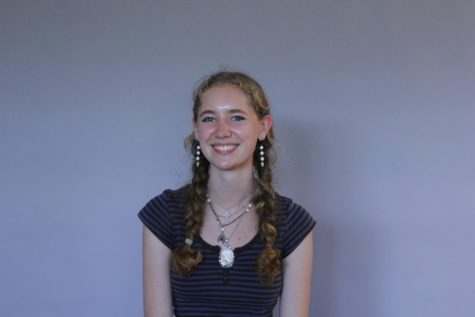
Marlena is a senior at Lowell. When she isn't at school she's probably at the lab, watching a movie, or sitting on the sidewalk listening to music (usually Björk).


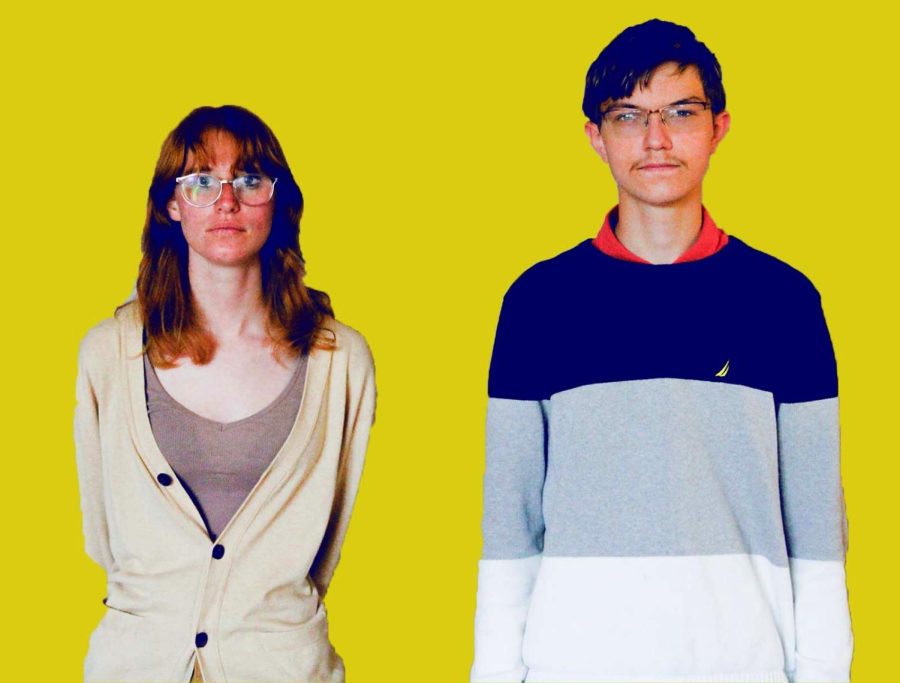

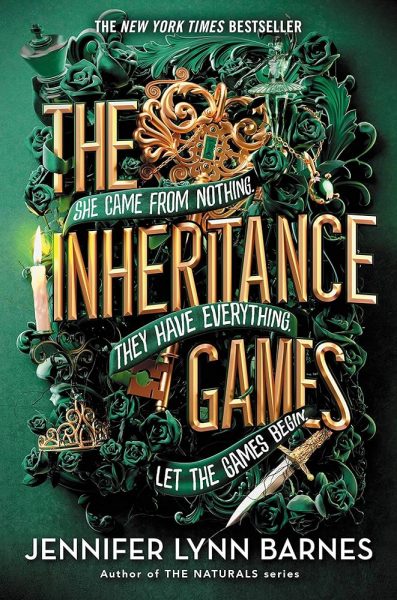
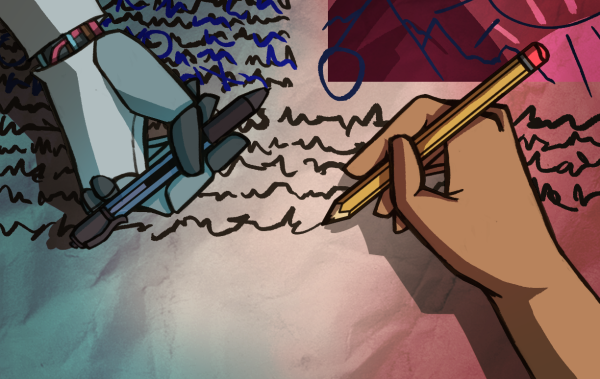


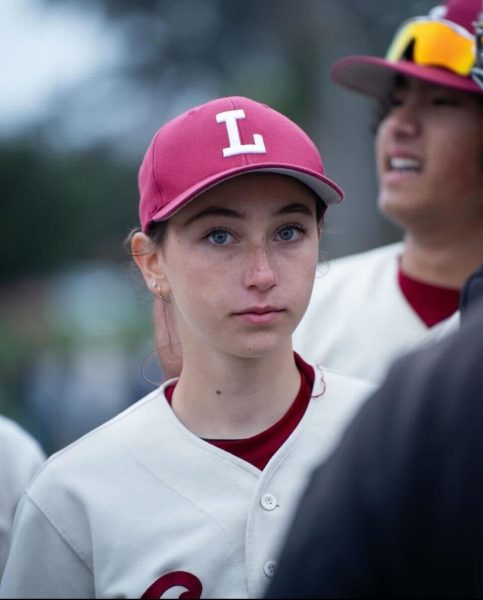
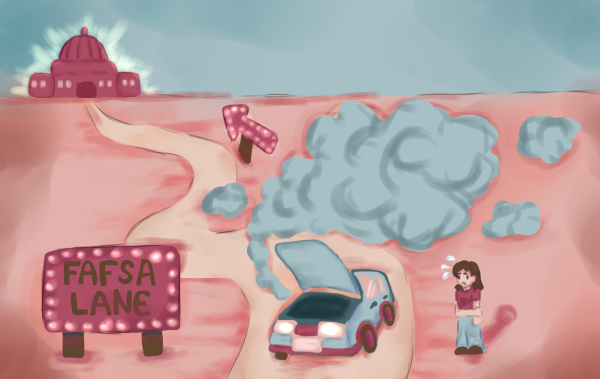
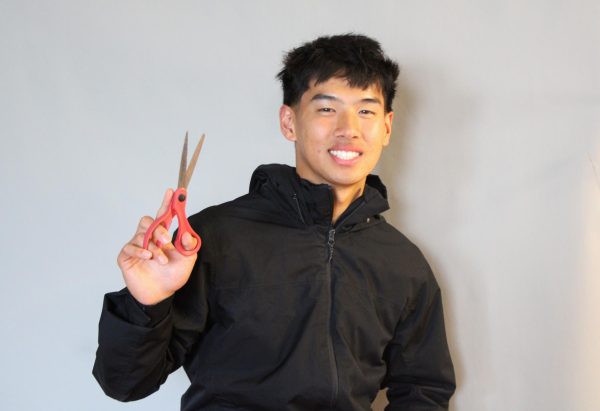

JA Kudsk • May 12, 2022 at 2:28 pm
Well researched, well written article. Nice job!